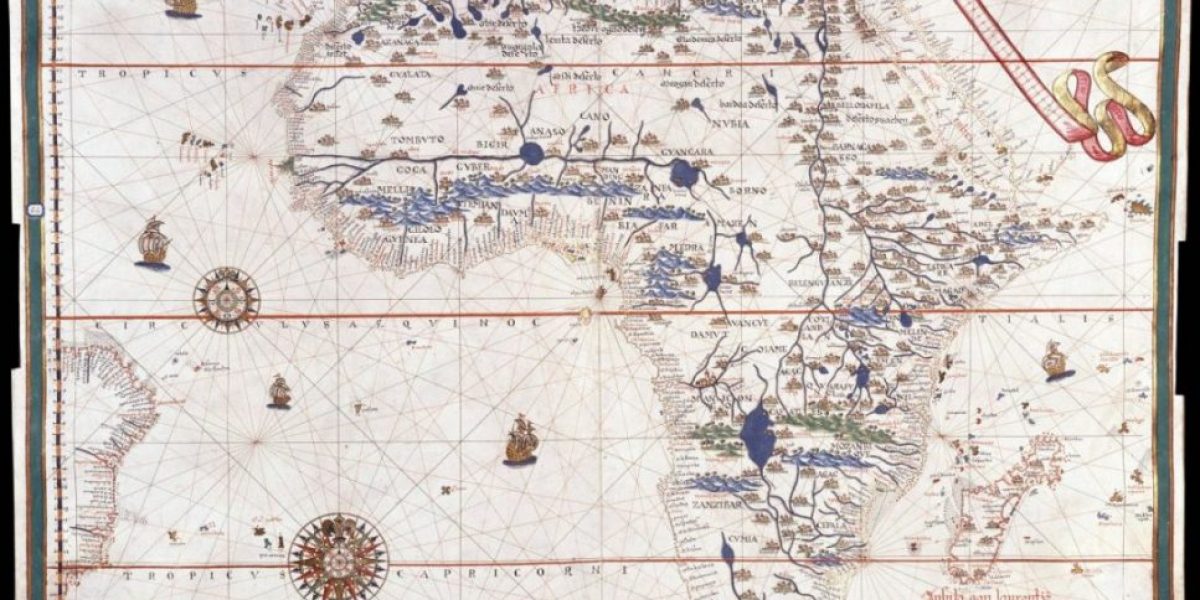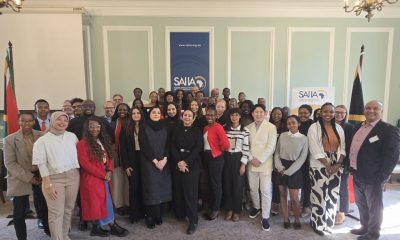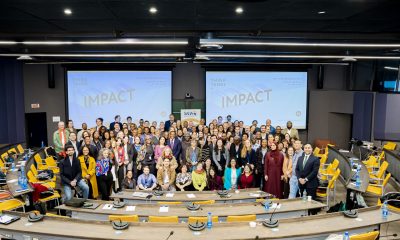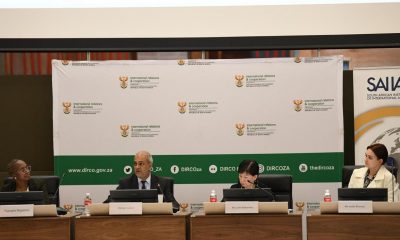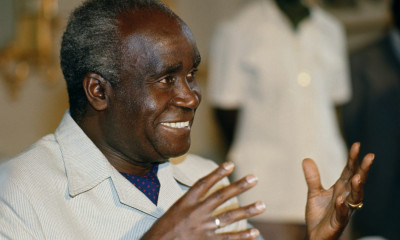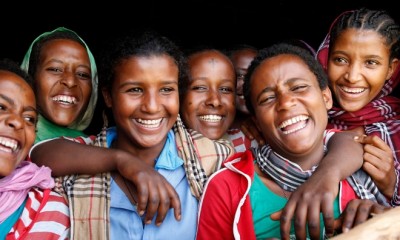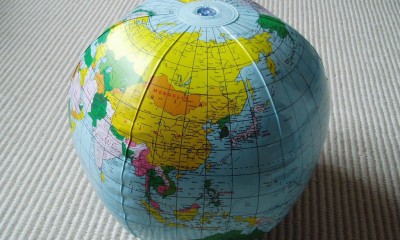Getting Systems Right: Governance and Capacity-Building
Weak capacity is a matter of poor systems and incentives, poor information, technical inability, untrained staff and lack of money. Donors must invest to improve Africa’s capacity, starting with a system of higher education, particularly in science and technology. They must help to build systems and staff in national and local governments, but also in pan-African and regional organisations, particularly the African Union (AU) and the New Partnership for Africa’s Development (Nepad).
Donors must support national priorities of African governments rather than allowing their own procedures to undermine the building of a country’s capacity. Money and state assets stolen from the people of Africa by corrupt leaders must be repatriated. Foreign banks must be obliged by law to inform on suspicious accounts. Those who give bribes should be dealt with too; and foreign companies involved in oil, minerals and other extractive industries must make their payments much more open to public scrutiny. Firms who bribe should be refused export credits.
The Need for Peace and Security
The most extreme breakdown of governance is war. Aid should be used to tackle the causes of conflict. That means improving the management of government incomes from natural resources and international agreements on how to control the ‘conflict resources’ which fuel or fund hostilities. It also means controlling the trade in small arms.
Leaving No-One Out: Investing in People
Funding Education for All will provide all girls and boys in sub-Saharan Africa with access to basic education. Secondary, higher and vocational education, adult learning and teacher training should also be supported. Donors need to pay what is needed to deliver on their promises.
Eliminating preventable diseases like tuberculosis and malaria hinges on rebuilding systems to deliver public health services. This will involve major investment in staff, training, new medicines, better sexual and reproductive health services and the removal of fees paid by patients, which should be paid for by donors until countries can afford it. Scaling up services needed to deal with HIV/AIDS must be given priority.
Going for Growth and Poverty Reduction
The developed world must support Nepad’s programme to build public-private partnerships to create a stronger climate for growth, investment and jobs.
Donors should double spending on infrastructure – from rural roads and small-scale irrigation to regional highways, railways, larger power projects and Information and Communications Technology (ICT).
More Trade and Fairer Trade
Africa does not produce enough goods, of the right quality or price, to enable it to break into world markets and it faces indefensible trade barriers, which, directly or indirectly, tax its goods as they enter developed markets.
To improve its capacity to trade, Africa needs to make changes internally – improve its transport infrastructure to make goods cheaper to move; reduce and simplify the tariff systems between African countries; reform excessive bureaucracy, cumbersome customs procedures and corruption by public servants.
Rich nations must also dismantle barriers erected against African goods, particularly in agriculture; abolish trade-distorting subsidies to agriculture; lower tariffs and other non-tariff barriers to African products. They must also not demand reciprocal concessions from African nations.
Where Will the Money Come From?
We call for an additional $25 billion per year in aid, by 2010, with a further $25 billion a year by 2015. Ensuring the money is well spent will depend on two factors. First, good governance in Africa must continue to advance. Second, donors must significantly improve the quality of aid and how it is delivered. That means more grants, more predictable and untied aid, and donor processes that are less burdensome on the already stretched administrations of African countries.
The African Development Bank needs to be strengthened and the role of the Economic Commission for Africa enhanced. The IMF and the World Bank must give higher priority to Africa’s development. They must become more accountable and give Africa a stronger voice in decision-making.
Rich nations should commit to a timetable for giving 0.7% of their annual income in aid. Aid should be front-loaded. Innovative financing methods such as international levies on aviation should be developed. For poor African countries, there must be a 100% debt cancellation.
Conclusion
Bold comprehensive action on a scale needed to meet the challenges can only be done through a new kind of partnership. In the past, contractual and conditional approaches were tried, and [they] failed. What we are suggesting is a new kind of development, based on mutual respect and solidarity, and rooted in a sound analysis of what actually works.
This can speed up progress, building on recent positive developments in Africa, towards a just world of which Africa is an integral part.

